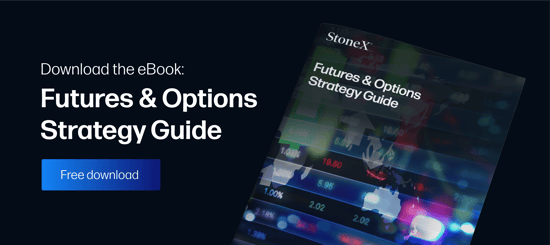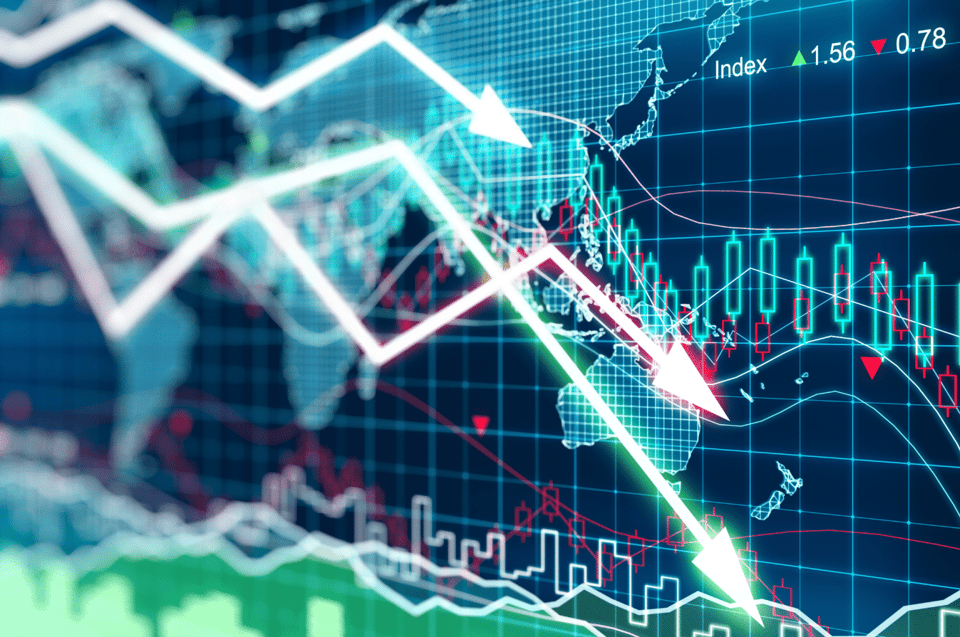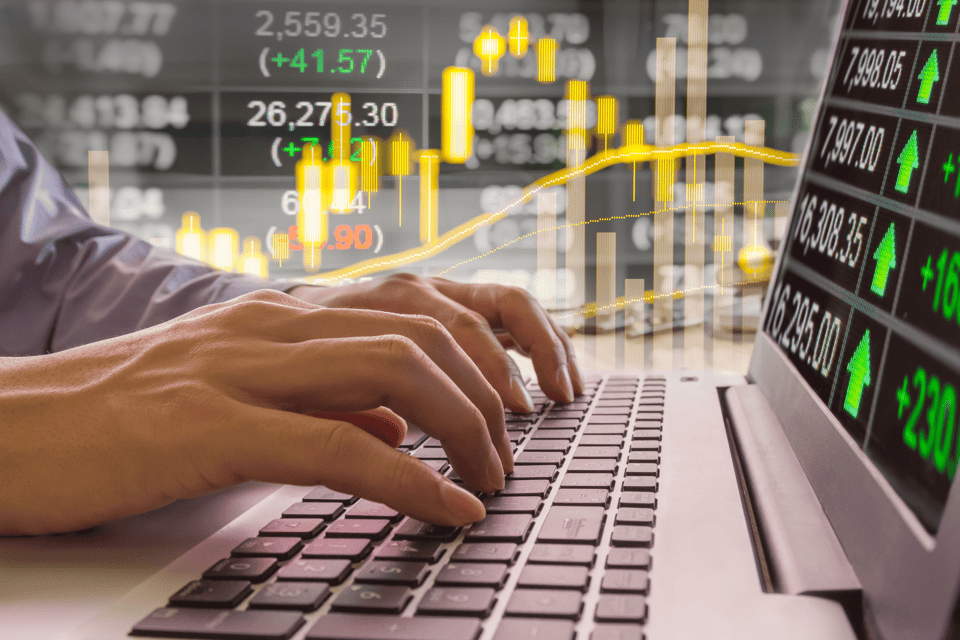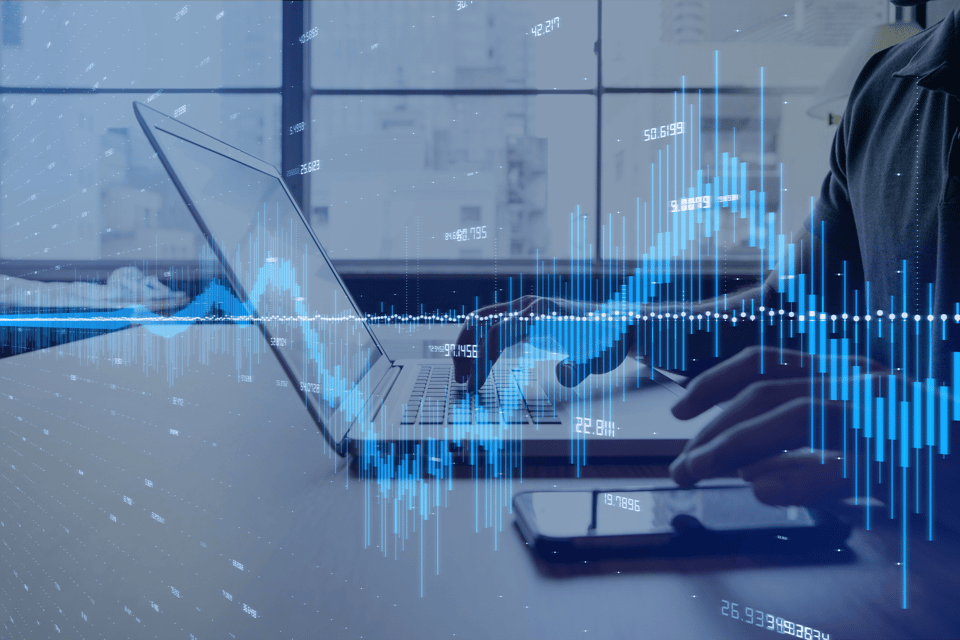Akin to the glove and bat are an internet connection and computing power ― two infrastructural requirements to trade futures. In addition to these basic physical components, several personal attributes are also critical to competent trading. Having adequate mental acuity, relentless determination, and the proper financial perspective are three of the most important.
#1 Mental Acuity
At its core, futures trading is a technical endeavor that involves considerable brainwork. While a Ph.D. is not among the requirements to trade futures, it’s important to possess a few key skills. Here are the areas where being exceptionally sharp can pay dividends:
- Focus: Futures traders are bombarded with stimuli from the opening bell to the closing bell. Being able to block out the noise and execute the task at hand is invaluable.
- Numerically inclined: Price quotes, charts, and orders are all expressed numerically. Having strong arithmetic and numbers skills is a definite bonus.
- Computer literate: The modern marketplace is digital in nature. Although you don’t need to be a programmer to trade, using and troubleshooting computers is largely unavoidable.
- Intellectual curiosity: For an active futures trader, the learning never stops. If you don’t have a thirst for knowledge, staying competitive in markets may become an epic challenge.
The great thing about futures is that success is not prejudiced. Your level of formal education and IQ score are not pre-determinants of profitability. Nonetheless, being keen with numbers and computers, as well as having the ability to maintain focus, are qualities conducive to winning in the marketplace.
#2 Determination
The futures markets are hyper-competitive, dynamic atmospheres. What worked today may not work tomorrow, and there’s never a shortage of traders competing for market share. Being able to bounce back from a bad day in the market is one of the most important requirements to trade futures.
In futures trading, there are no time clocks or bosses to follow. The job description is simple ― make money from the buying and selling of futures contracts. When times are good and profits high, few pursuits are more validating. However, when the trading DOM turns blood red and losses mount, the impact can be psychologically devastating.
The added degree of self-dependence makes futures trading an extremely personal endeavor. Whether you win or lose, the outcome is solely your responsibility. Without the determination to evaluate, improve, and press on, your career in the markets will likely be measured in weeks not years.
#3 Financial Perspective
By definition, risk capital are funds solely allocated to speculative activity. It’s one of the primary requirements to trade futures. Without it, you can’t start or continue trading.
While the concept of risk capital is not a difficult one to grasp, it can be a bear to keep in perspective. Some of us see money as an abundant resource to be used, while others are hesitant to ever let it go. In reality, our views on money stem from our life experiences, both positive and negative.
Being overly “loose” or “tight” are equally damaging to trader performance. Each of these outlooks is inherently dangerous and may lead to bad habits, such as overtrading or analysis paralysis. In order to be a success in the markets, you must be able to put money in jeopardy while still respecting it ― a task much easier said than done.
Keeping a sound financial perspective is one area where a good broker can be of service. Broker-defined elements — such as account minimums, product-specific margin requirements, and daily loss limits — can help you keep risk capital in the proper context.
Do You Have These Three Requirements to Trade Futures?
If you’re interested in trading futures but are concerned that you may lack the requirements discussed above, there’s no need to worry. Most issues may be remedied through education, coaching, and experience.



